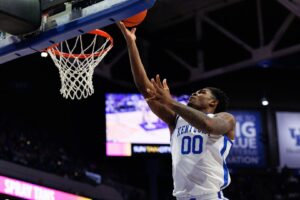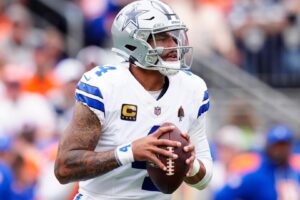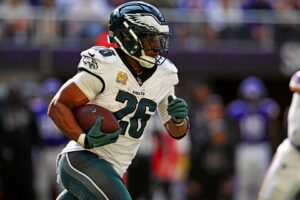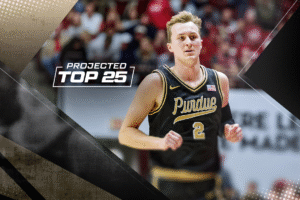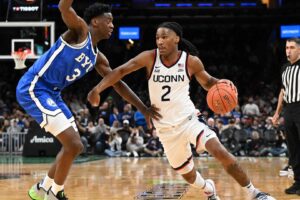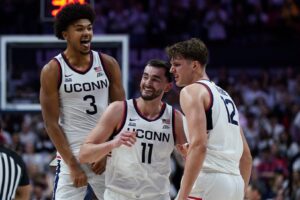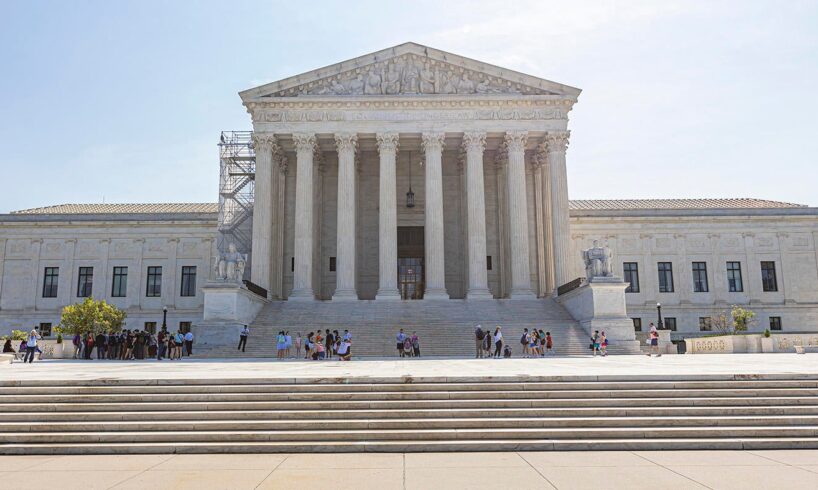
The federal judge overseeing the largest antitrust case in college sports history asked attorneys to “go back to the drawing board” during a preliminary settlement hearing and clean up or eliminate language tied to name, image and likeness regulations on athletes and NIL collectives.
The hiccup in the preliminary hearing in the House v. NCAA case surprised some, but not many, in the college sports industry, particularly those in the NIL space. Language in the deal allows the NCAA to police NIL collectives and limit boosters from paying athletes through endorsement deals. In what Judge Claudia Wilken argued would amount to a salary cap, the enforcement language in the deal would force boosters to prove payments to athletes are for a “valid business purpose” rather than “pay-for-play.” Wilken was visibly frustrated as she questioned portions of the deal during the hearing with attorneys conducted Thursday via Zoom, particularly those that limit NIL payments.
“I think we’ve got problems with this,” Wilken said. “I don’t have an idea of how to fix this. I will throw it back on you all to come up with something better and consistent. Keep in mind that taking things away from people doesn’t work well.”
NCAA outside counsel Rakesh Kilaru informed the judge the current language tied to NIL in the proposed settlement is “central” to its existence. “Without it,” he said, “I’m not sure there will be a settlement to submit.” Jeffrey Kessler, co-lead attorney for the plaintiffs, told ESPN after the hearing he is “perfectly fine” making Wilken’s suggested changes. “It’s now up to the NCAA. Hopefully, they agree to them.”
Attorneys for the NCAA and plaintiffs were given a three-week window to rewrite portions of the settlement and present an addendum to the judge.
The crux of the issue is language and control, a charge the NCAA has led throughout the history of the House case, even as the organization loses other…
..

